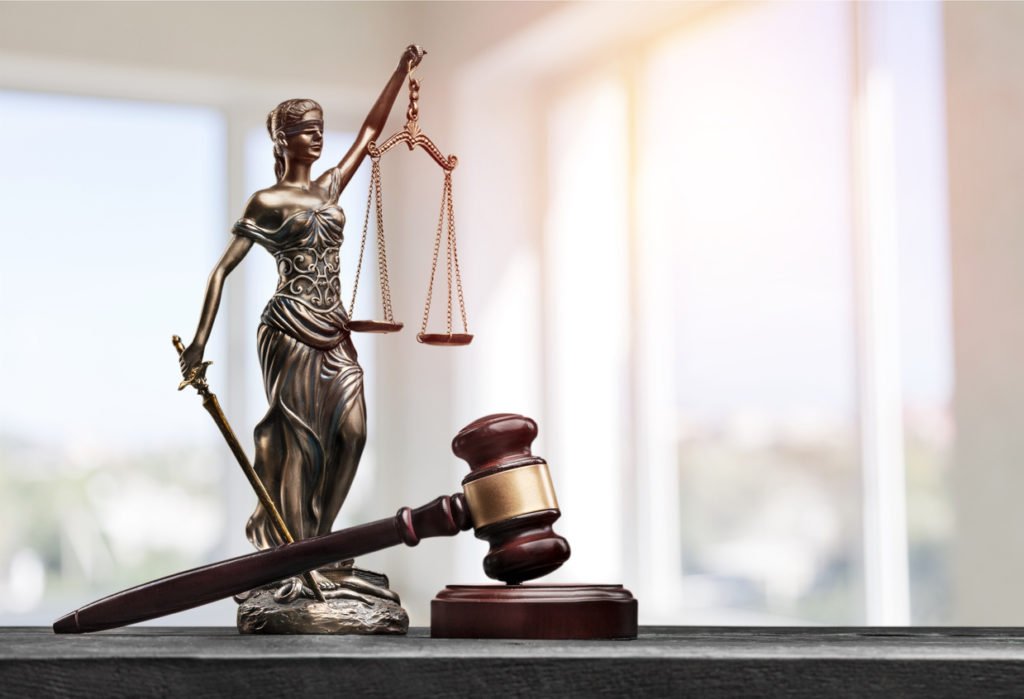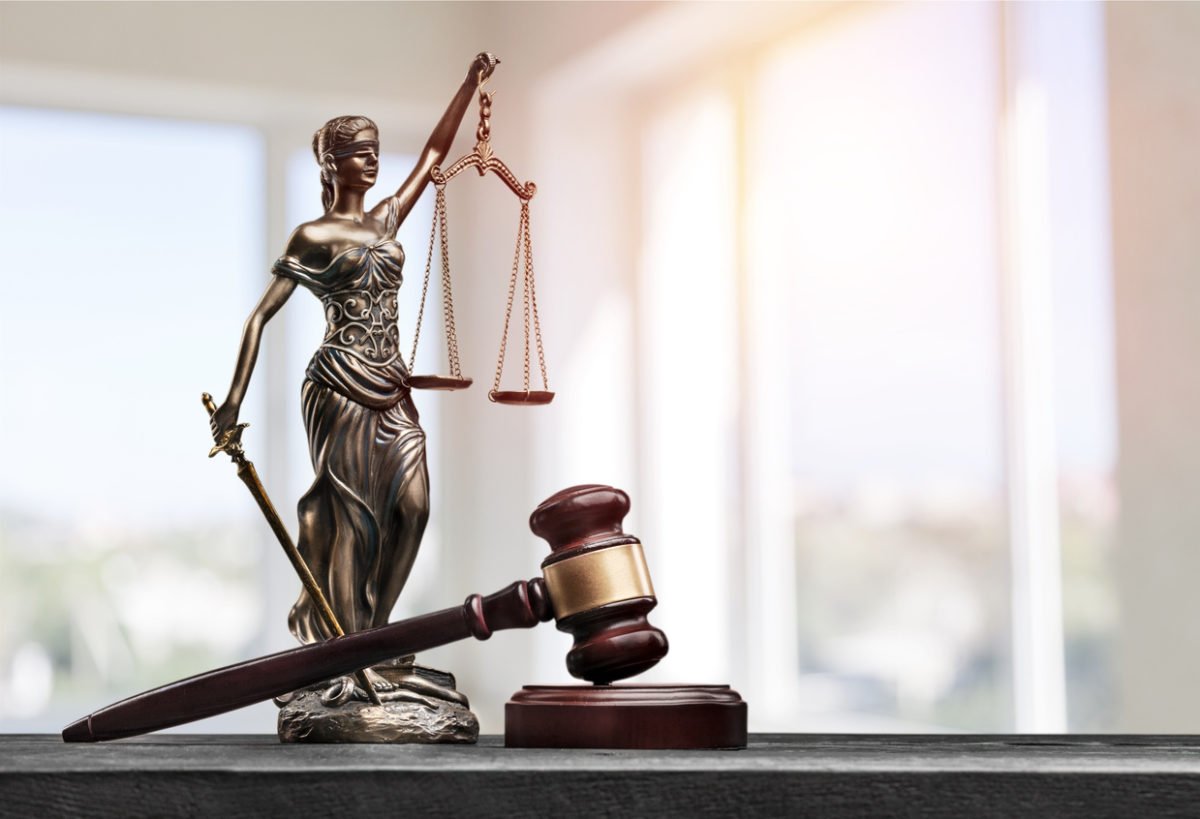This article was reposted with permission from Lisa Dees, Program Manager, JAVS

Let’s talk a bit about the integrity of the record and what it means.
The record’s integrity begins with an impartial officer of the court duly held to take down a verbatim record of the proceeding, maintain a secure chain of custody, and deliver, upon request, a verbatim transcript of such proceedings certifying its accuracy and authenticity.
Can stenographers mishear something during a live proceeding? Of course, they can. Can a stenographer mis-stroke a word or sentence while taking down a live proceeding? Of course, they can. Can a voice writer mishear and ultimately misspeak something during a live proceeding? Of course, they can. Can digitally record media of a live proceeding malfunction during a live proceeding? Of course, it can. Can audio or video files be altered after the recording process? Of course, they can, if they are in an editable file format.
So, where is the integrity???
Any System is Only as Good as the Professional Behind it.
The integrity is in the professional behind the system. It’s in choosing the right equipment and not compromising quality over cost. It’s in the individual’s pursuit of perfecting their skills and professionalism. It’s in the individual’s ability to stay current on new tools and technologies and use them. It’s in developing security protocols for the preservation and guardianship of the original record regardless of what format that record may be.
Simply put, integrity is not measured by the method one has chosen to capture the verbatim record, but by the level of commitment and professionalism of the person behind the technique. An officer of the court is an officer of the court regardless of their method of reporting.
The same standards must and do apply to all regardless of method.
How secure is the record?
NCRA expressed concern for the authenticity of the record. albeit, the problem was focused on the record produced by digital reporting. Concern for “very disturbing, sometimes shocking, methods that allow for potential and actual instances involving manipulating and seamless reworkings of recordings”. This issue is not something new at all. I’ve been hearing this for decades. Shoot, I have testified in court as to the authenticity of a record. I was able to explain the multi-channel recording, how it’s created, the securities included in the recording process that makes it tamper-resistant, the guarantees in place for the retention of that recording, and the method used for creating the certified copy of that recording. And every time, the integrity of the record will be upheld.
How can I be so confident, you ask? Quite simply, because I am entrust to be the guardian of the record, and my duty is to preserve and safeguard the original record. If someone is questioning a recording’s authenticity, I can compare it to the original multi-channel format. Because yes, a copy could manipulate if that copy is not in its original multi-channel format. If someone is questioning whether a transcript has been altered, I can again compare it to the original transcript in my custody. If someone is questioning that what I put in that transcript is what was said, I can also compare that to the original multi-channel audio recording in my custody. Can I certify a copy of my digitally recorded record of a proceeding? I can if that copy has been created on a medium that I can secure as a read-only copy.
Ultimately, I am responsible for the integrity of the record. MY integrity will prevail regardless of the method that I have chosen to report with because I know my system, trust my system and have put security in place to protect that record.

